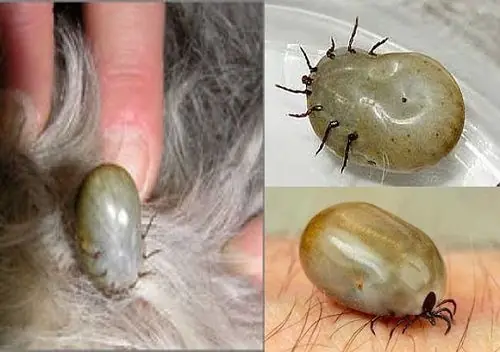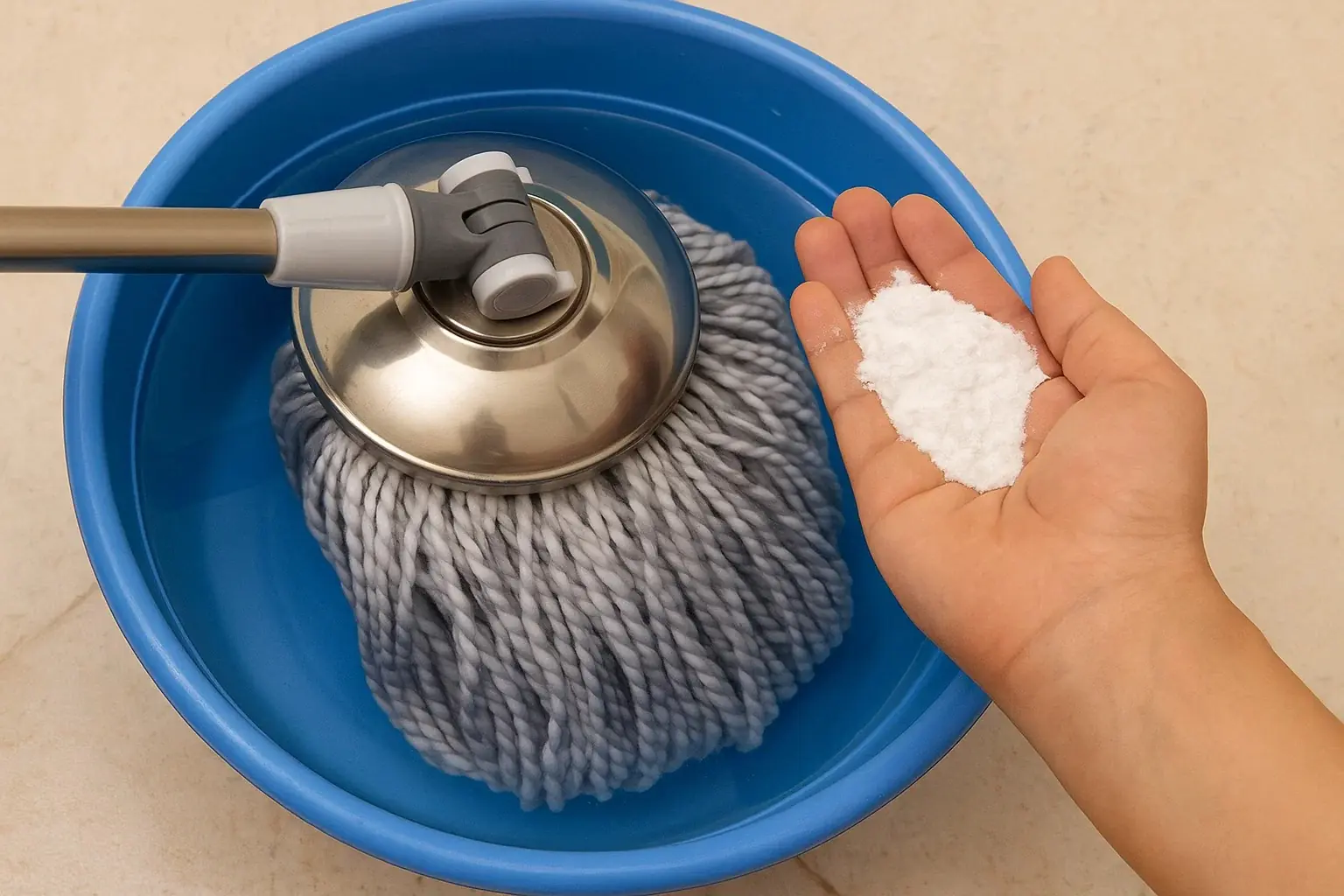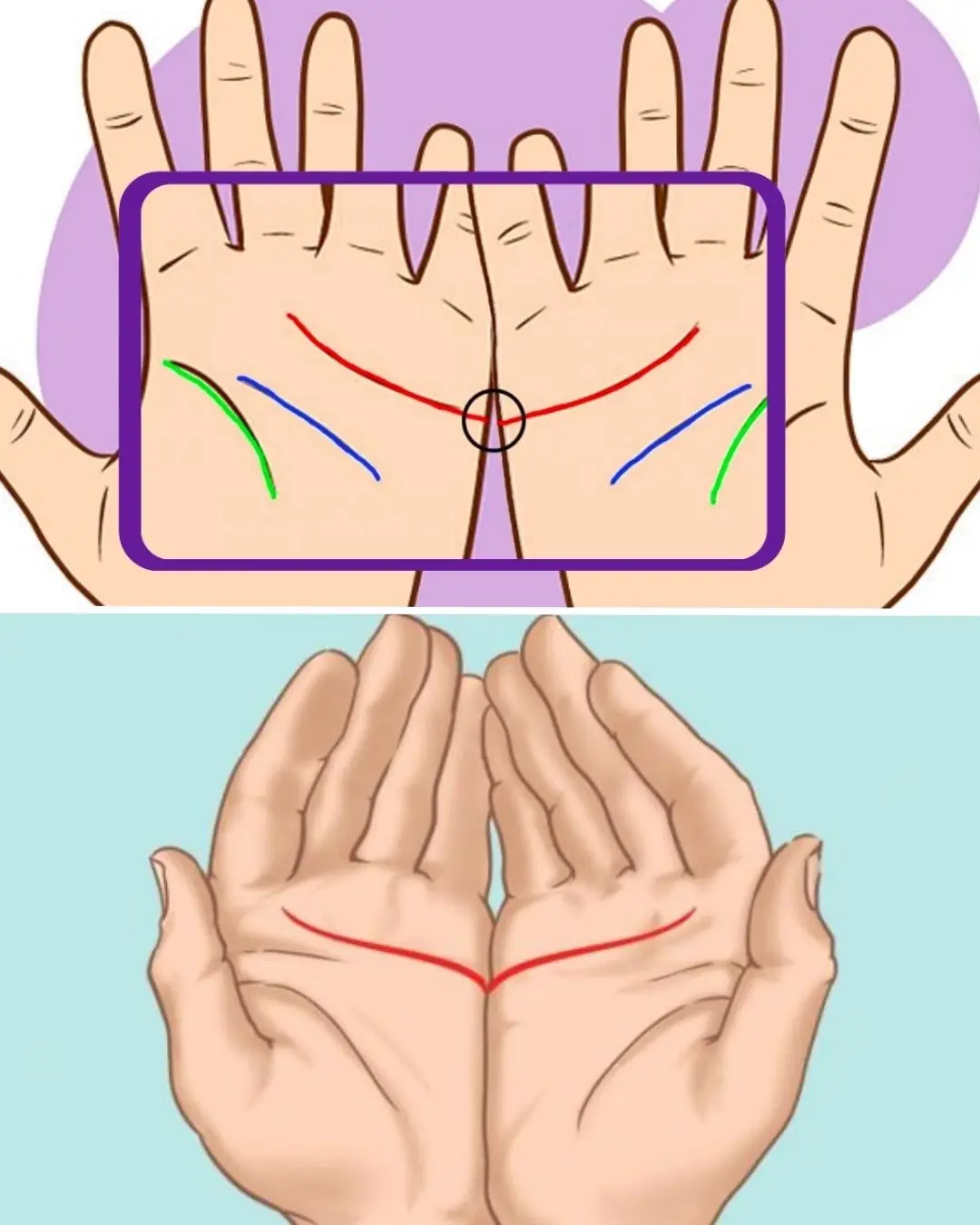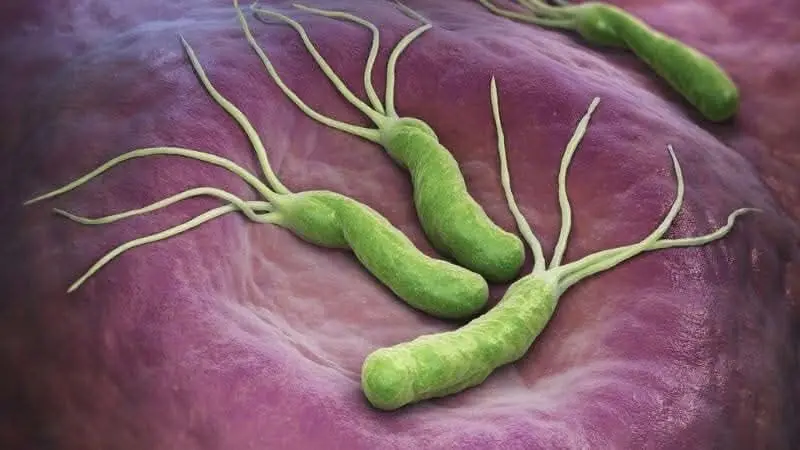
How To Properly Dispose of Ticks

How to Safely Remove and Dispose of Ticks
Ticks are small arachnids that survive by feeding on the blood of mammals, birds, and occasionally reptiles or amphibians. Though they may appear harmless, ticks can transmit serious illnesses to humans through their bites. Learning how to properly remove and dispose of ticks is an important step in reducing the risk of contracting tick-borne diseases.
Why Ticks Are a Concern
Ticks are well-known carriers of dangerous infections, including Lyme disease, Rocky Mountain spotted fever, and babesiosis. If not diagnosed and treated in time, these conditions can cause long-term health complications. For that reason, taking the right precautions when dealing with ticks is vital.
What to Do If a Tick Is Attached
If you discover a tick on your skin, remove it carefully and without delay. The safest method is to use fine-tipped tweezers or forceps:
-
Grip the tick as close to your skin’s surface as possible.
-
Pull upward slowly and steadily in one continuous motion.
-
Do not twist or crush the tick, as this may cause it to release harmful bacteria into the wound.
What You Should Avoid
Certain home remedies should be avoided at all costs. Methods like using matches, petroleum jelly, nail polish, or attempting to burn the tick can actually irritate it and increase the chance of transmitting disease. Likewise, squeezing the tick with your fingers can force pathogens into your bloodstream.
Proper Disposal of Ticks
After removal, it’s just as important to dispose of the tick safely. Options include:
-
Sealing it in a bag or container to prevent further contact.
-
Flushing it down the toilet.
-
Wrapping it securely in tape before throwing it away.
If possible, some healthcare providers recommend saving the tick in a container so it can be identified later by a professional, especially if you develop symptoms.
Checking Pets for Ticks
Ticks don’t just pose a risk to people—your pets can also be affected. Regular inspections are essential, especially during warmer months, though ticks can survive even in cold conditions.
When examining your pets:
-
Check areas like the ears, armpits, groin, toes, and skin folds.
-
Run your hands through their fur to feel for small, firm bumps.
-
Use a fine-toothed comb to part the hair and spot hidden ticks.
The more frequently you check, the easier it becomes to detect ticks early.
Removing Ticks from Pets
Never remove a tick from your pet using your bare hands. Instead, use tweezers to grip the tick close to the skin and pull upward with steady pressure. Once removed:
-
Do not crush the tick.
-
Place it in a sealed container for possible veterinary identification.
-
If that’s not possible, dispose of it by sealing in a bag or wrapping in tape.
Flushing is another option, but some vets prefer to examine the tick to determine potential disease risk.
Understanding Lyme Disease
One of the most recognized tick-borne illnesses is Lyme disease, caused by the bacterium Borrelia burgdorferi. Early signs include fever, headache, fatigue, and a red, circular rash known as erythema migrans. If untreated, Lyme disease can lead to more serious issues involving the heart, joints, and nervous system.
Symptoms to Monitor After a Tick Bite
If you’ve been bitten, watch for warning signs that may indicate infection:
-
Flu-like symptoms such as fever, chills, joint pain, and muscle aches.
-
A bullseye-shaped rash at the bite site.
-
Unexplained fatigue or persistent headaches.
Other tick-borne illnesses may cause similar symptoms, making medical evaluation important.
When to Seek Medical Attention
If you develop any concerning symptoms following a tick bite, contact a healthcare provider promptly. Let them know about the bite and describe your symptoms. Early detection and treatment are key to preventing complications from tick-borne diseases.
Final Thoughts
Ticks may be small, but the health risks they carry are significant. By learning how to remove them correctly, avoid harmful removal methods, and dispose of them safely, you greatly reduce your risk of infection.
Stay alert when spending time outdoors, check yourself and your pets regularly, and seek medical advice if you suspect exposure to a tick-borne illness. Taking these steps will help protect your health and that of your loved ones.
News in the same category


Why should you keep some money behind your phone case?

Choose a Ring and Discover Your Deepest Personality Trait
Jewelry is more than just an accessory—it’s a reflection of who we are. The rings we choose can reveal not only our fashion sense, but also our emotions, values, and even the deepest aspects of our character.

If You Notice A Man With One Painted Nail, This Is What It Actually Means
The Powerful Meaning Behind One Painted Nail—A Global Movement You Should Know About

Rare Black Moon Phenomenon Will Darken the Skies This August—Astronomers Say You Can’t Miss It
The August Black Moon provides an opportunity to step outside, look up, and reconnect with the rhythms of the universe.

Why do hotels always have a cloth across the bed?

URGENT WARNING: Hurricane Erin Strengthens to Rare Category 5 With ‘Catastrophic Damage’ Threat
Experts urge residents in vulnerable regions to remain vigilant, take official warnings seriously, and prioritize safety above all else.

15 Things You Should Never Plug Into A Power Strip

The HEALTHIEST FRUIT on Earth: what happens to your body if you eat just 3 a day...

Add This To The Water Your Floors Will Remain Clean For Weeks
With just a few simple ingredients you likely already have at home, you can transform your cleaning routine and enjoy a healthier, cleaner living space

Sensitive new details revealed after government papers were left behind at Trump-Putin meeting

Grok brutally calls Elon Musk a 'hypocrite' after ChatGPT CEO goes to war with Tesla billionaire

Police recover $30,000 worth of stolen Labubus from California home in bizarre heist

Here’s Why You Should Stop Storing Milk in the Refrigerator Door

Reasons Why Dogs Smell Your Crotch

What Your Palm Lines Say About Love and Marriage

Never Ever Say These 4 Things at a Funeral — No Matter the Situation
When it comes to funerals and expressions of sympathy, your words don’t need to be profound or poetic.

The Hidden Meaning Behind Leg-crossing — It’s More Than Just Comfort
News Post

lacing these 3 things on top of the fridge will cause wealth to disappear, no matter how much you have.

Buying bananas: Wise people turn away when they see these 3 types, while foolish ones grab them just because they’re cheap

Don’t soak frozen meat in plain water. According to chefs, there’s a way to defrost it in just 5 minutes while keeping it delicious.

Water heaters have a hidden 'switch.' Any household that knows how to open it can use it for 10 years without worrying about damage or high electricity bills

Mix white salt with fabric softener, solve many household problems, and save a lot of money.

Apply this on a knife, and no matter how dull it is, it will become razor-sharp and shiny, without needing a whetstone.

Inside the washing machine, there’s a ‘small box’ with an incredibly powerful function: Not knowing how to use it is such a waste.

Why Some Women Lose Their Desire: 4 Avenues to Explore

Why should you keep some money behind your phone case?

If You Have Colon Polyps, These 4 Signs While Using the Toilet May Appear – See a Doctor Before It’s Too Late

From age 65, how often should you shower (and why over-washing can be harmful to your health)

What’s the Secret to Becoming a Super-Ager?

Coffee, Cookies, and Cheese Recalled From Major Retailers in Multiple States

H. Pylori Fears These 5 Foods the Most — Eat Them to Protect Your Stomach

Woman Unveils 5 Colon Cancer Symptoms You Must Never Ignore
Colon cancer is often called the “silent disease” because its warning signs are easy to dismiss. One Texas mother, Radwah Oda, is now sharing her painful journey in hopes of saving others from making the same mistake.

The Silent Killer" That Causes Brain Shrinkage — Yet Parents Still Feed It to Their Children Daily

Mother and Child D:ie From Liver Cancer — Doctors Reveal 3 Ingredients That Should Never Go Into Porridge
The story of the mother and child stands as a haunting reminder that the smallest choices in the kitchen can carry lifelong consequences.

Proven Health Benefits of Walnuts, How Many to Eat, and More (Science Based)

The Most Dangerous Foods: Unpacking the Risks of Processed Meat
